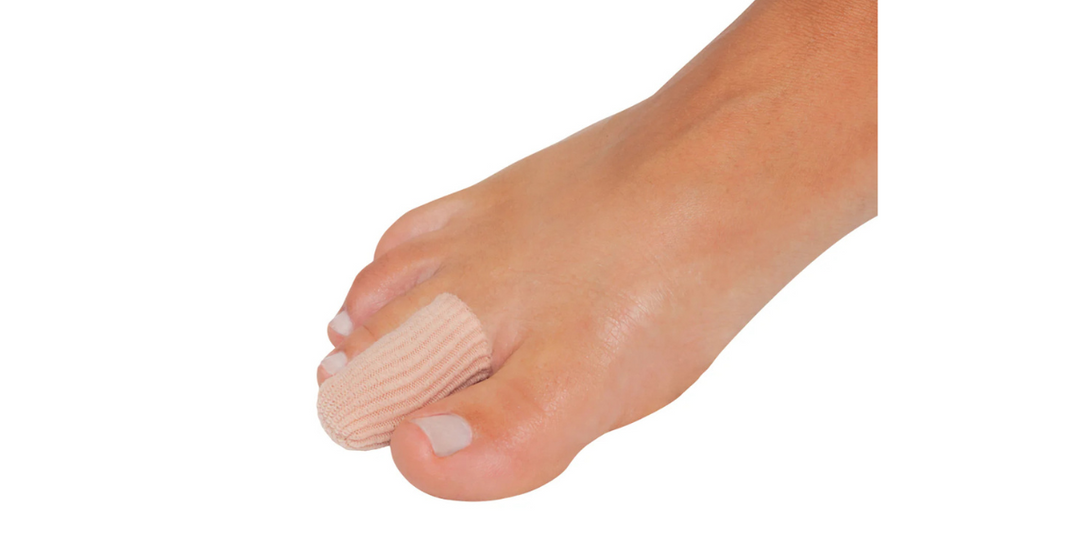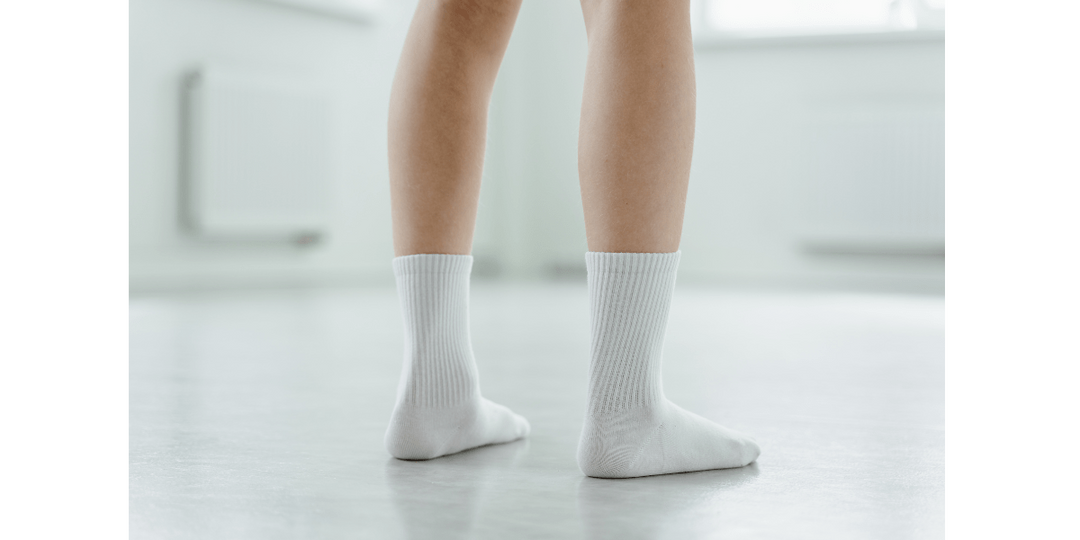Common Causes of Sore Feet In The Morning
Causes of Morning Foot Pain: A Podiatrist’s Perspective
Morning foot pain is a common complaint, and as a podiatrist, I often see patients who feel severe pain in their feet when they take their first steps out of bed. Morning foot pain can have several causes, but the underlying reason is typically inflammation and strain that worsens overnight, especially during periods of rest and inactivity.
Common Causes of Morning Foot Pain
Plantar Fasciitis
The most common cause of morning foot pain is plantar fasciitis, which is inflammation of the plantar fascia—the thick band of tissue running from the heel to the ball of the foot. During sleep, the plantar fascia can tighten, and the first few steps in the morning stretch it abruptly, resulting in sharp, stabbing pain in the heel or arch. Over time, this pain may lessen as the fascia loosens with movement, but it often returns after long periods of rest.
Achilles Tendonitis
Achilles tendonitis is another inflammatory condition where the Achilles tendon, which connects the calf muscles to the heel bone, becomes irritated or inflamed. When the Achilles tendon tightens overnight, it can cause intense pain in the heel or back of the ankle with the first steps in the morning. Achilles tendonitis pain may be felt more in the back of the heel and can persist until the tendon warms up.
Arthritis
Arthritis in the feet, especially osteoarthritis and rheumatoid arthritis, can cause stiffness and pain after periods of inactivity, such as overnight rest. With arthritis, the joints may become inflamed and stiff while the body is at rest, and they need to "warm up" with gentle movement before the pain starts to subside. This stiffness and discomfort can affect the toes, heels, and arches of the feet.
Tarsal Tunnel Syndrome
Tarsal tunnel syndrome occurs when the tibial nerve is compressed as it travels through the tarsal tunnel, located on the inside of the ankle. This compression can cause numbness, tingling, and pain in the foot, which may be particularly noticeable in the morning after a night of reduced blood flow and movement.
Flat Feet or Fallen Arches
People with flat feet or fallen arches may experience morning pain because their feet lack the support needed to distribute weight evenly. During sleep, without arch support, the tendons and ligaments in the foot may tighten and cause pain when weight is placed on the foot in the morning.
Heel Spurs
Heel spurs are bony growths that can develop on the bottom of the heel bone, often as a result of chronic stress on the plantar fascia. Although heel spurs themselves may not cause pain, they can contribute to morning discomfort, especially in cases of co-existing plantar fasciitis.
Tips for Managing Morning Foot Pain
Stretching Exercises
I recommend stretching the plantar fascia, Achilles tendon, and calf muscles before getting out of bed. Gentle stretches help loosen up these structures, reducing the intensity of morning pain. You can also use a specially designed product such as the fasciitis fighter to aid with streching and streghtening of the plantar fascia
Night Splints
Night splints are helpful in maintaining the foot in a slightly flexed position overnight, keeping the plantar fascia and Achilles tendon gently stretched. This can reduce the morning pain associated with sudden tension after rest.
Supportive Footwear
Wearing shoes with good arch support and cushioning can make a big difference. For patients with flat feet or plantar fasciitis, I recommend orthotic inserts to provide extra support to the arches.
Avoid Walking Barefoot
Walking barefoot, especially on hard surfaces, can aggravate morning pain. Wearing supportive footwear immediately after getting out of bed can help reduce discomfort.
Ice
Applying ice to the affected area and taking anti-inflammatory medication as needed can help manage pain, particularly if inflammation is contributing to morning pain.
Physical Therapy
For persistent morning foot pain, physical therapy can be a helpful option. A physical therapist can guide patients in stretching, strengthening exercises, and manual techniques to alleviate strain on the plantar fascia, Achilles tendon, and other foot structures.
Frequently Asked Questions (FAQs)
1. Why is the pain worse in the morning?
During sleep, foot structures like the plantar fascia and Achilles tendon can contract and tighten, especially when there’s inflammation. Taking weight-bearing steps after rest pulls on these tissues, causing pain that improves as they gradually stretch and warm up.
2. Will plantar fasciitis pain go away on its own?
Plantar fasciitis can improve over time with proper care, including stretching, rest, and supportive footwear. However, without treatment, it may persist or worsen, so I recommend a proactive approach and to get advice from a podiatrist to ensure you can resolve your plantar fasciitis as soon as possible.
3. Should I see a podiatrist for morning foot pain?
If morning pain persists, it’s a good idea to see a podiatrist. Early intervention can help determine the underlying cause and provide personalized treatment options to prevent the pain from becoming a chronic issue.
4. Are there any home remedies for morning foot pain?
Yes, stretching exercises, icing, and avoiding walking barefoot are helpful. Wearing supportive shoes or using orthotic inserts can also improve symptoms. Night splints and gentle massage can be effective for some patients as well.
Morning foot pain often indicates an underlying condition that, with the right treatment and care, can be managed effectively. Addressing the pain early can lead to significant relief and help prevent further discomfort throughout the day.









Leave a comment